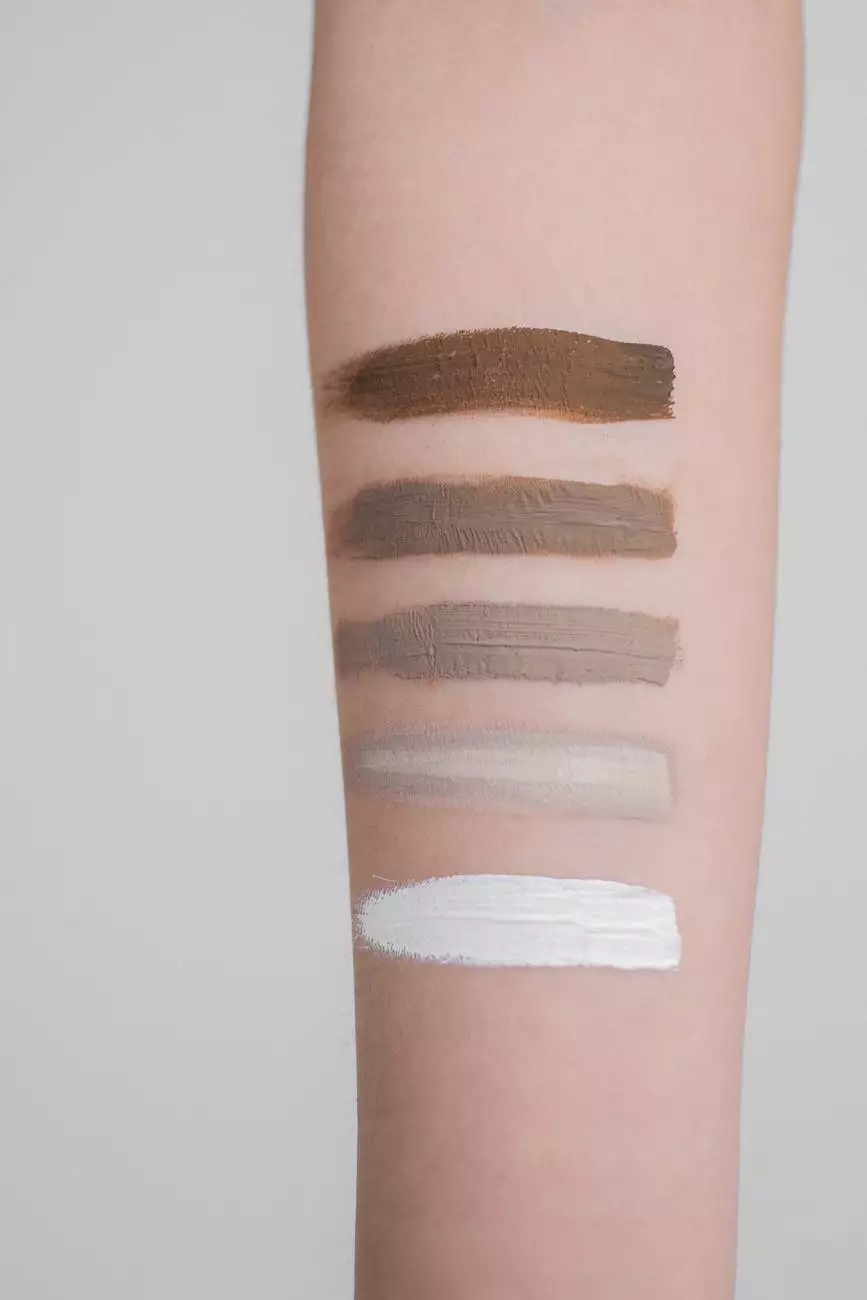Think Of vs. Think About – Confusing Vocabulary Lesson
English Vocabulary Lessons
Understanding the Difference
Mastering the difference between 'think of' and 'think about' is crucial for effective communication. While they may seem similar, these two phrases have distinct meanings and contexts that need to be understood to avoid confusion.
Think Of
In general, 'think of' refers to generating an idea, recollection, or mental image. It suggests a process of creating thoughts or associations related to a specific topic or object. This phrase often implies a direct link or connection between the subject and the thoughts it triggers.
For example, when we say "think of a color," we are asking someone to mentally come up with a color that comes to mind. The thought process is focused on generating a specific response related to the prompt.
Think About
'Think about,' on the other hand, refers to reflecting, considering, or pondering a particular subject or topic. It involves a broader scope of contemplation and doesn't necessarily imply a direct connection or association.
For instance, if we say "think about your future," we encourage deep reflection on one's life path, aspirations, and goals. This phrase prompts a more open-ended thought process that encompasses various aspects and possibilities.
Examples and Usage
Examples of 'Think Of'
- Can you think of a famous landmark in your city?
- I can't think of his name right now, but he's a talented actor.
- She always thinks of others before herself.
- We need to think of a solution to this problem.
Examples of 'Think About'
- Let's think about what we discussed and reconvene tomorrow.
- He spends a lot of time thinking about his next career move.
- I'm thinking about going on a vacation to a tropical island.
- She often thinks about the meaning of life.
Tips to Avoid Confusion
1. Understand the Context
Consider the context in which the phrases are used. 'Think of' is more concrete and specific, while 'think about' is more abstract and general. Analyzing the context will help you determine which phrase fits the intended meaning.
2. Identify Key Associations
Pay attention to the words or phrases that come after 'think of' or 'think about.' 'Think of' is often followed by a specific object or prompt, whereas 'think about' is typically followed by a broader topic or concept. Identifying these associations will aid in accurate interpretation.
3. Consider Intended Outcome
Think about the desired outcome or purpose of the thought process. If the goal is to generate a specific idea or come up with something tangible, 'think of' is more appropriate. If the intention is to reflect, evaluate, or delve deeper into a subject, 'think about' is the suitable choice.
In Summary
Understanding the nuances between 'think of' and 'think about' is essential for effective communication. NJCLT's comprehensive vocabulary lesson has provided you with detailed explanations, examples, and practical tips to confidently navigate these commonly confused words.
Remember, 'think of' focuses on generating specific thoughts or associations, while 'think about' involves contemplating more broadly. By grasping these distinctions and following our usage tips, you will improve your command of these phrases and enhance your communication skills.










